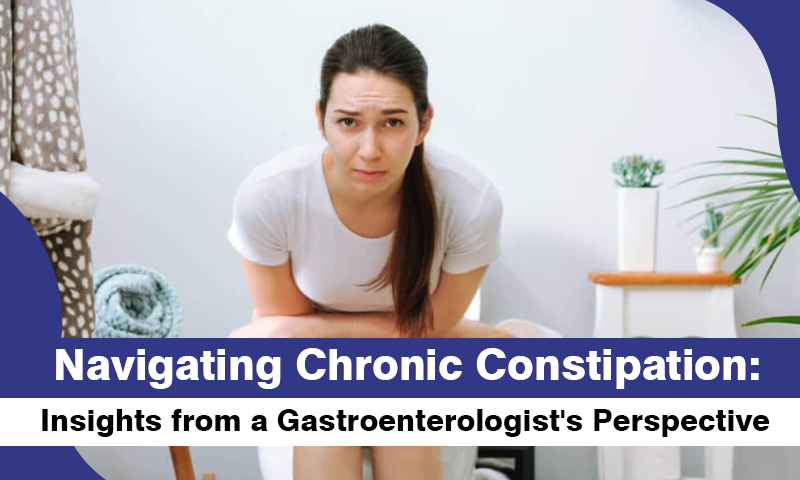The Gut-Brain Connection: Navigating Digestive Health for Mental Well-being

Inflammatory Bowel Disease (IBD): Navigating Types, Symptoms, and Treatment Paths
November 13, 2023
Nourishing Your Gut: The Definitive Guide to Nutrition and Gastrointestinal Health
December 8, 2023As a seasoned content writer with a decade of experience collaborating with leading gastroenterologists, I'm thrilled to unravel the intricate web of the gut-brain axis in our exploration of the profound link between digestive health and mental well-being. This journey takes us into the realm of the microbiome, an often underestimated player in the intricate dance between our gut and our mind.
Impact of Digestive Health on Mental Well-being
Your digestive system, often dubbed the "second brain," exerts a powerful influence on mental health. Digestive disorders can cast a shadow on mental well-being, with conditions like irritable bowel syndrome (IBS) and inflammatory bowel disease (IBD) often coexisting with anxiety and depression.
Research has delved into the intricate relationship between gut health and mental health, uncovering the profound impact the microbiome has on neurotransmitter production. Serotonin, the "feel-good" neurotransmitter, is primarily produced in the gut. Therefore, imbalances in the gut can directly affect mood and emotional well-being.
Stress and Digestive Disorders
The relationship between stress and digestive issues is bidirectional, creating a loop where stress exacerbates digestive problems, and vice versa. Chronic stress can lead to inflammation in the gut, contributing to conditions such as irritable bowel syndrome (IBS) and inflammatory bowel disease (IBD).
Managing stress is a crucial aspect of promoting better digestive health. Techniques such as mindfulness, meditation, and yoga can significantly reduce stress levels, thereby positively impacting the gut-brain axis.
Lifestyle Factors for a Healthy Gut and Mind
The role of lifestyle factors in supporting both digestive and mental well-being cannot be overstated. A well-balanced diet rich in fiber and fermented foods promotes a diverse and healthy gut microbiome, positively impacting mental health.
Regular exercise is not only beneficial for physical health but also supports a healthy gut and contributes to stress reduction. It's essential to adopt a balanced lifestyle that prioritizes sleep, hydration, and adequate physical activity.
Practical Insights
Real-life stories and case studies illuminate the tangible impact of the gut-brain connection on individuals' lives. At GastroVadodara, our experienced gastroenterologists have witnessed firsthand the transformative power of addressing digestive health for improved mental well-being.
Expert insights from our team underscore the importance of considering both digestive and mental health in a patient-centric approach. Our approach is rooted in personalized care, recognizing the uniqueness of each individual's journey to wellness.
FAQs: Frequently Asked Questions about the Gut-Brain Connection
In this section, we address common queries individuals might have about the gut-brain connection, providing additional insights into various aspects of the relationship between digestive health and mental well-being.
In the symphony of health, the gut and the brain harmonize in ways that influence not just our digestion but also our mental well-being. As we conclude this exploration, remember that prioritizing both digestive and mental health is not just a choice; it's a commitment to holistic well-being. At GastroVadodara, we stand ready to guide you on this journey, offering personalized care to foster a healthier, happier you. Stay informed, stay empowered.


